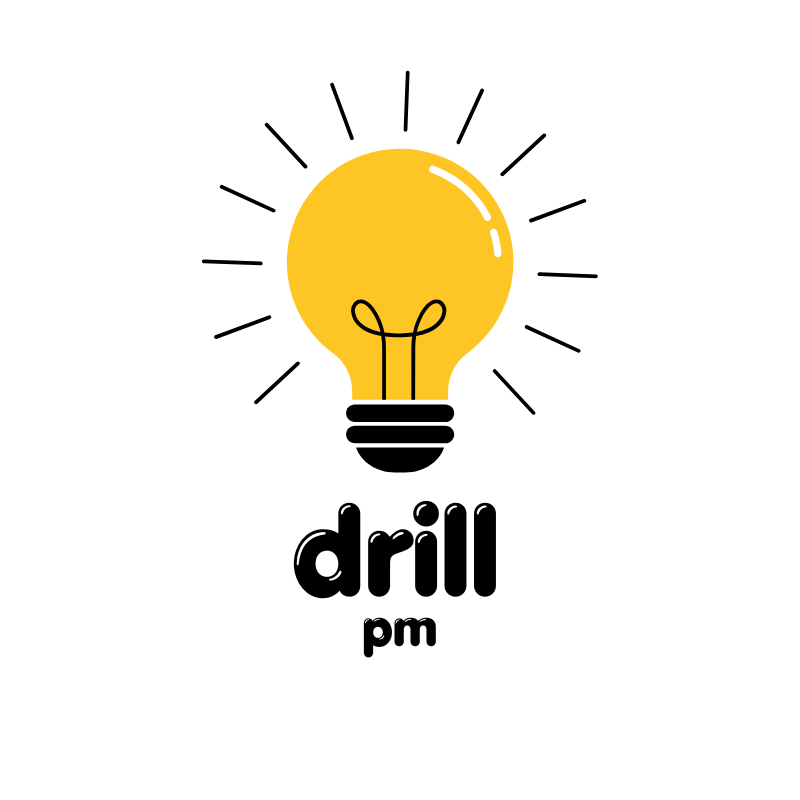Anúncios
Graduating from college is both an exciting and nerve-wracking experience. As the final semester approaches, thoughts about the future become more urgent—especially when it comes to landing your first job. Many students find themselves overwhelmed by the expectations of the professional world and unsure of where to start.
The job market can seem intimidating, especially when it’s constantly changing. Employers are looking for candidates who not only have academic knowledge but also practical skills and a proactive mindset. Understanding what the market demands and preparing accordingly can significantly boost your chances of success.
If you’re wondering how to make a smooth and confident transition from college to career, this guide is for you. You’ll find practical steps, professional insights, and actionable tips to help you stand out in a competitive market. Let’s dive in and build your career readiness together.
Understand the job market landscape
Before diving into applications and interviews, it’s crucial to understand the job market you’re about to enter. This means researching the current demand in your field, key employers, common entry-level roles, and evolving industry trends. Resources like the U.S. Bureau of Labor Statistics, LinkedIn’s Workforce Report, and Glassdoor offer valuable insights into where the opportunities are and what qualifications are most sought after.
Pay attention to both national and regional trends. For instance, tech roles may be booming in San Francisco and Austin, while healthcare positions may be more in demand in other regions. Knowing this can help you set realistic expectations and tailor your job search strategically.
Stay updated on how your industry is responding to automation, remote work, and digital transformation. Understanding these dynamics helps you prepare not just for your first job, but for a long-term career in an evolving environment.
Identify your strengths and career goals
Preparation starts with self-awareness. Reflect on what you’ve learned in college, the projects you’ve enjoyed, and the environments where you thrive. Are you a problem solver? A strong communicator? Do you prefer collaborative roles or independent work? These insights are crucial when choosing a career path.
Write down your key skills, both technical and soft, and ask professors or mentors for feedback. Tools like StrengthsFinder or career assessment quizzes can also help clarify your professional identity and ideal job fit.
Once you identify your strengths, define clear career goals. Don’t worry if they aren’t fully formed—goals can evolve—but having a direction helps focus your job search and tailor your efforts more effectively.
Build a professional resume and cover letter
Your resume and cover letter are often your first impression, and in many cases, the deciding factor in whether you land an interview. A strong resume highlights your education, key achievements, relevant coursework, and any hands-on experience such as internships, part-time jobs, or student leadership roles.
Tailor your resume to each application. Use keywords from the job description and emphasize accomplishments over tasks. Quantify your impact when possible—numbers catch recruiters’ eyes. For instance, “Managed social media campaign resulting in 30% engagement growth” is stronger than “Handled social media.”
As for your cover letter, use it to show personality and motivation. It’s your chance to explain why you’re excited about the company and how your background connects to their needs. Keep it concise, specific, and enthusiastic.
Develop essential soft and hard skills
Employers today look for a blend of hard skills (like data analysis, coding, or financial modeling) and soft skills (like communication, teamwork, adaptability, and time management). While your college education builds a strong foundation, developing practical applications of these skills gives you a competitive edge.
Hard skills can be gained through online platforms like Coursera, edX, or Udemy, which offer certifications in everything from digital marketing to Python. Soft skills are often best developed through practice—take on group projects, volunteer, or lead student organizations to strengthen communication, problem-solving, and leadership abilities.
Remember that continuous learning is a mindset. Show employers you are proactive in expanding your skillset to meet the demands of your future role.
Network strategically within your industry
Networking isn’t about collecting business cards—it’s about building relationships. Start with your college’s alumni network. Many schools have LinkedIn groups, mentorship programs, and alumni events designed to connect current students with graduates working in your field.
Don’t hesitate to reach out on LinkedIn or via email to professionals whose work you admire. A short, polite message asking for a 15-minute informational interview can go a long way. People generally enjoy sharing advice, especially with students who are genuinely interested in learning.
Attend industry conferences, workshops, and virtual events. These settings not only help you grow your network but also give you exposure to new ideas and job openings that may not be advertised publicly.
Gain relevant experience through internships or projects
Experience is often the bridge between your academic training and full-time employment. Internships provide real-world exposure and demonstrate to employers that you can apply your knowledge in a work setting. Even unpaid or part-time internships can be valuable if they offer hands-on experience and mentorship.
If internships aren’t an option, create your own opportunities. Participate in case competitions, freelance on platforms like Upwork, or volunteer for nonprofits that align with your field. Capstone projects, student-led research, or consulting for campus organizations also count.
What matters most is that you show initiative and practical application of your skills. Employers appreciate candidates who go beyond the classroom.
Master the job interview process
Interviews can be intimidating, but preparation builds confidence. Research common interview questions in your field and practice responses using the STAR method (Situation, Task, Action, Result). This helps you give structured and impactful answers that showcase your problem-solving and communication skills.
Do mock interviews with friends, mentors, or through your college’s career services. Record yourself if needed—reviewing your tone, clarity, and posture helps refine your delivery.
Also, prepare thoughtful questions to ask the interviewer. This shows you’ve done your homework and are genuinely interested in the role and company culture.
Use online platforms and job boards effectively
LinkedIn, Indeed, Handshake, and company career pages are essential tools for job seekers. Make sure your LinkedIn profile is complete, includes a professional photo, and reflects your resume. Engage with content in your industry to stay visible and informed.
Set up job alerts with relevant filters so opportunities come directly to your inbox. Tailor your applications, and don’t mass-apply with the same resume—customization is key.
Also consider joining online communities or Slack groups in your field. These spaces often share job openings, give insider tips, and foster peer support.
Stay informed and adaptable in your field
Even after graduation, your learning shouldn’t stop. Industries evolve, and staying informed helps you remain relevant and competitive. Subscribe to newsletters, follow thought leaders, and engage in discussions on platforms like Twitter, Reddit, or professional forums.
Be open to change—your first job may not be your dream role, but it’s a stepping stone. Focus on building experience, growing your network, and continuously improving your skills.
Adaptability is one of the most valued traits in today’s workforce. Show employers that you can evolve with the times and navigate new challenges with confidence.
Conclusion
Preparing for the job market is a process that blends self-discovery, skill development, and strategic action. While college gives you the foundation, it’s up to you to build on it with practical experiences, professional branding, and a growth mindset.
By following these steps, you’ll not only increase your chances of landing a job—you’ll also set yourself up for long-term success. Stay focused, stay curious, and trust in your ability to grow through every opportunity.
Frequently Asked Questions
1. When should I start preparing for the job market in college?
Ideally, start in your junior year. This gives you time to build experience, refine your resume, and explore career paths before graduation.
2. What are the best platforms for job-seeking college students?
LinkedIn, Handshake, and Indeed are top choices. Also explore your university’s career portal and local job fairs.
3. How can I get a job without prior experience?
Highlight academic projects, volunteer work, part-time jobs, and transferable skills. Focus on showing initiative and a willingness to learn.
4. Is it worth reaching out to professionals for informational interviews?
Yes! Informational interviews help you gain insights and build connections. Many professionals are happy to share advice with students.
5. What’s more important—GPA or experience?
Both matter, but in many industries, hands-on experience, internships, and soft skills outweigh a perfect GPA.



